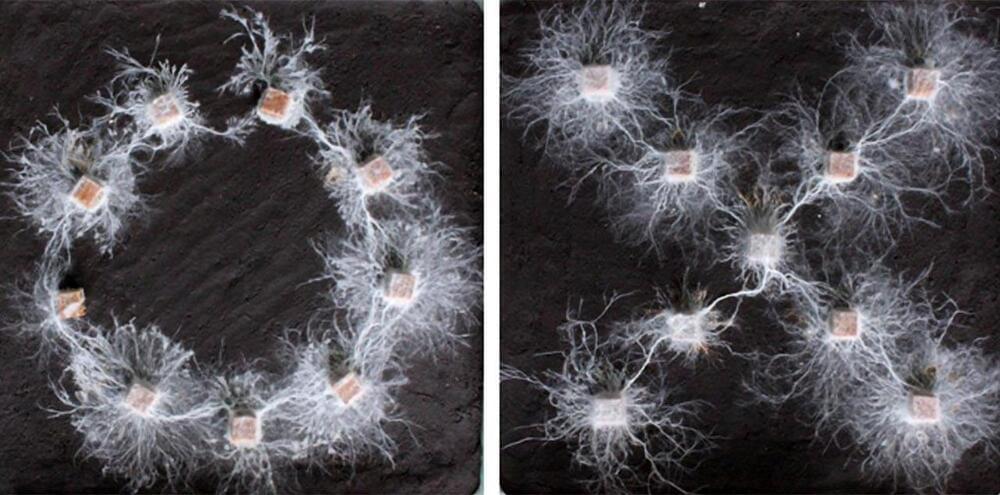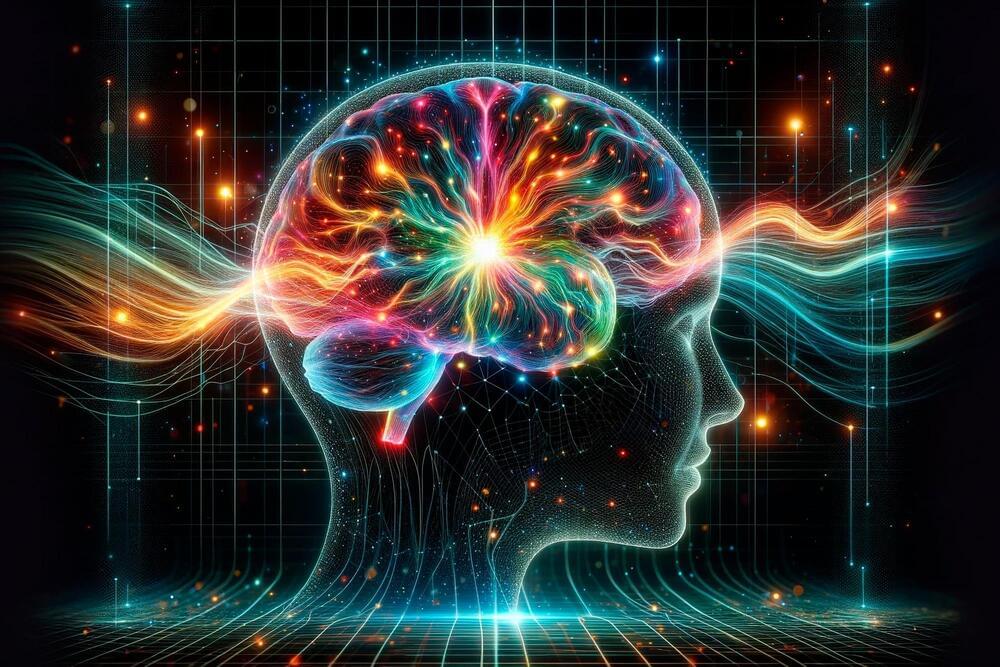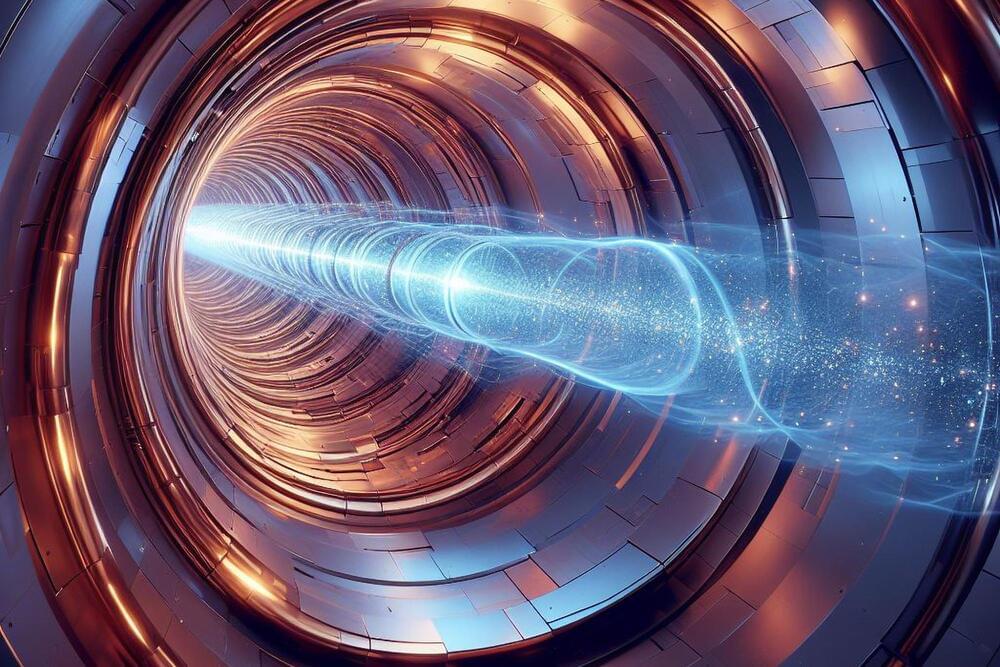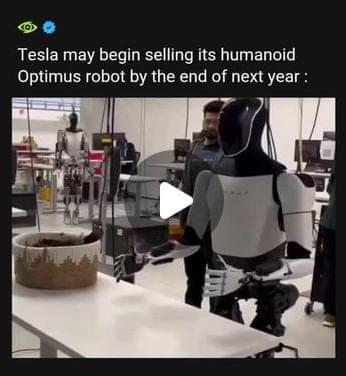R.I.P. Phil Philip George Zimbardo. March 23, 1933 – October 14, 2024.
“Success is not about reaching a destination; it’s about the journey and the person you become along the way.”
Philip G. Zimbardo, one of the world’s most renowned psychologists, died Oct. 14 in his home in San Francisco. He was 91.
Broadly, Zimbardo’s research explored how environments influence behavior. He is most known for his controversial 1971 study, the Stanford Prison Experiment, with W. Curtis Banks, Craig Haney, and David Jaffe. The study, intended to examine the psychological experiences of imprisonment, revealed the shocking extent to which circumstances can alter individual behavior. To this day, it is used as a case study in psychology classes to highlight both the psychology of evil as well as the ethics of doing psychological research with human subjects.
Yet Zimbardo’s research went far beyond the prison experiment. In a career that spanned over five decades, Zimbardo examined topics including persuasion, attitude change, cognitive dissonance, hypnosis, cults, alienation, shyness, time perspective, altruism, and compassion.







